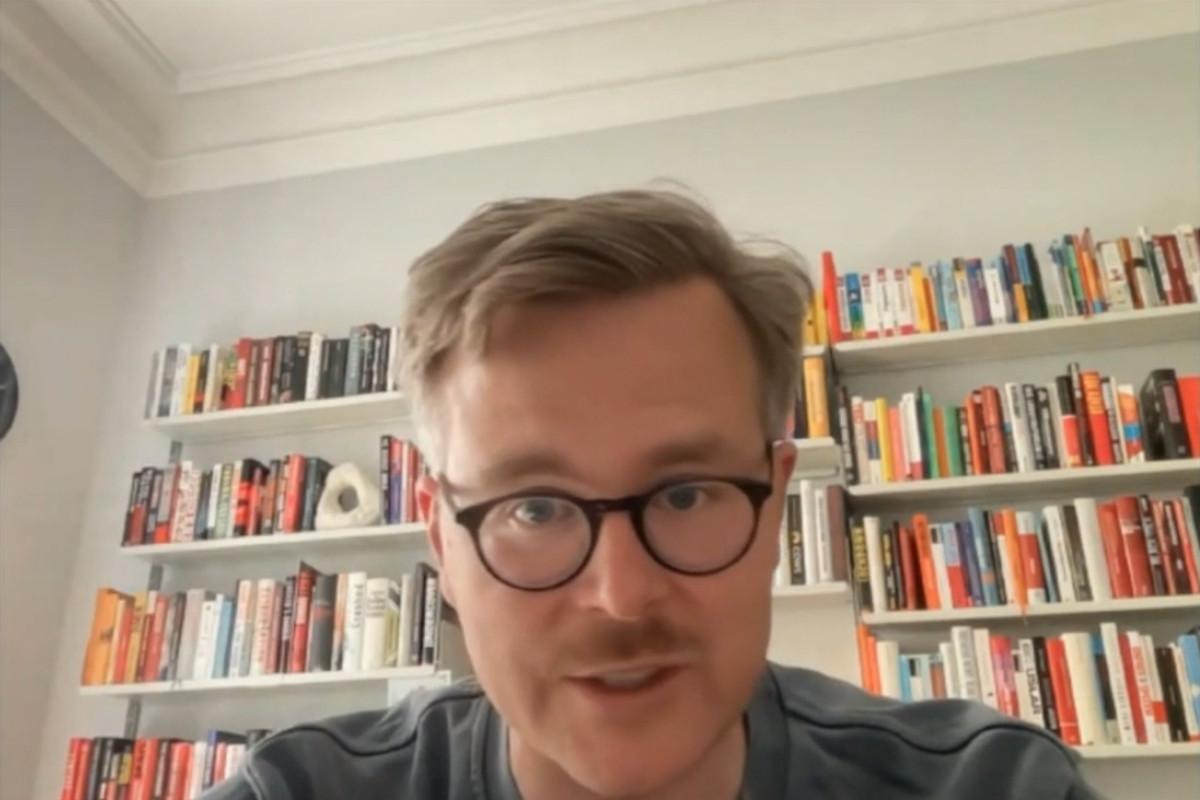INTERVIEW: “Panama Papers Marked a Change in Journalistic Behavior” – Frederik Obermaier
Six years ago, two investigative journalists at the German newspaper Süddeutsche Zeitung, received an unprecedented trove of millions of financial and legal records in a leak that became the basis of a cross-border investigation known as The Panama Papers. It was a seminal investigative series that shone a stark light on how the world’s wealthy and powerful elite were hiding their fortunes in secretive offshore holdings.
In an interview with Context, one of the two German journalists, Frederik Obermaier, shared his thoughts on the long-term impact of the groundbreaking leak, and what he believes still needs to be done in order to bring about a fairer, more transparent system to stamp out large-scale crime and corruption.
“There were so many cases of obvious corruption, conflicts of interest, (and) tax evasion that I thought that there might be at least a little bit of a discussion in the public sphere,” he said. “But what happened then overwhelmed me.”
“It was mass demonstrations in some countries, if you look to London, Iceland, Malta, those were some of the biggest demonstrations — at least in the case of Iceland and the history of that country.”
Despite Obermaier’s cautious expectations on what the giant expose would — or could — yield in terms of much-needed reform, he says lawmakers in some countries have tentatively pushed for positive change. But overall, measures so far have fallen short of sufficiently cleaning up a broken global system.
„We had so many lawmakers, members of parliament all around the world demanding change, and we had thousands of investigations launched all around the world,” he said. “But again, we saw the same effect. We saw at the beginning warm words, demanding change, but then pretty much as soon things slowed down,” so too did their enthusiasm.
Since the Panama Papers were first published in 2016, lawmakers in powerful nations such as the United States, and Germany, have pushed transparency bills that combat the issue.
“We had, at least here in Germany, some change,” he said. “We have now a new register put in place after the Panama Papers. It is not working in a way that I would have hoped it worked, but it’s a first step and we see those steps in many, many other countries.”
Obermaier, however, believes more is yet to be done and says that Russia’s brutal invasion of neighbouring Ukraine has only highlighted the situation of a failing system.
“We see governments and authorities all around the world trying to seize assets of (Russian) oligarchs,” he said. “And we see them failing again and again, and that is due to intransparency in this field.”
“I think this might really bring a little bit more change and it might accelerate this … this progress because it’s not a theoretical issue anymore,” he said, adding that the current tools available to authorities trying to penalise Russian targets are in many cases proving insufficient.
But importantly, one of the most significant impacts of the Panama Papers was its shifting of the discourse solely from “expert circles” to the global public sphere. “We are still debating shell companies, transparency, trusts, and foundations,” he said.
In his native Germany, even children’s television programs now have discussions about shell companies, he says, and the Panama Papers have since been referred to in popular culture — such as songs and movies. “I think that is important because that tells me that this is not anymore an expert discussion — it’s a broader discussion,” he said.
When asked why some investigative journalists love to chase — or even obsess — over offshore companies, Obermaier points out the “parallel world” that shell companies create. Ultimately, he says, it is a loophole system that can enable “corrupt elites to plunder whole countries” at the expense of the everyman.
“We have the normal world where people … you and I are living, and then you have (the) parallel, offshore world, where the richest and super richest basically decide which laws they want to stick to and which ones not.”
“This parallel world offers them a way to work around laws that have been passed by parliament, by democratically elected parliaments,” he said, and points out that the powerful elites can simply shirk laws they don’t like. The impact, he says, has real-world effects.
“If you see still people who cannot afford a university education. If you see elderly people who cannot afford their medical treatment — this is also a consequence of the parallel offshore world,” he said, “because the money that would be needed to solve those problems is out there, but people are trying to keep it away from the tax man.”
But while the giant leak that became the Panama Papers shone a bright light on global corruption and the murky world of offshore accounts, to mixed effect, it did also herald a journalistic sea change in the name of global public interest. “I think the Panama papers mark a change in journalistic behavior,” he said, using the example of investigative journalists’ protective, “lone wolf” attitude to scoops.
“Even the most critical editors in traditional newspapers or media outlets, I think, understood how much value was in a group of journalists, several hundred journalists, teaming up together and investigating … this treasure trove,” he said. “That nobody lost (anything) by sharing and by sharing information, or by sharing data.”
“Everyone won, and I think the one institution that won most, is society in general.”


